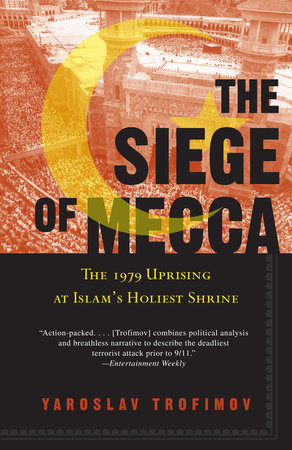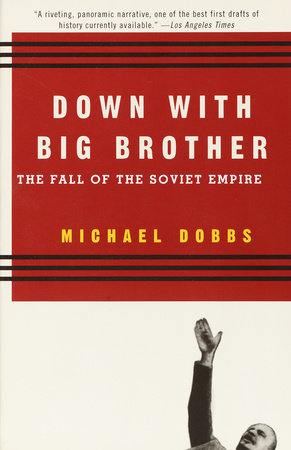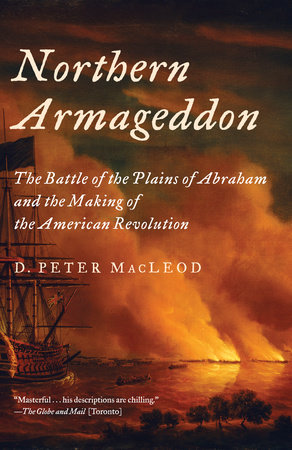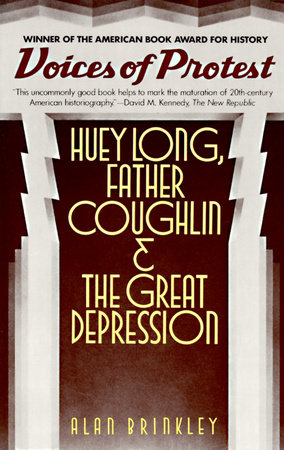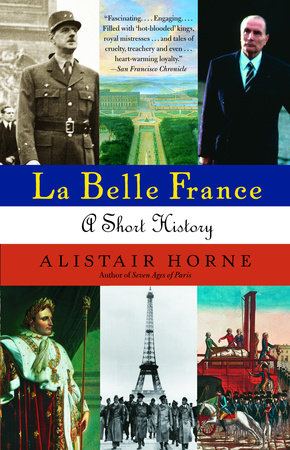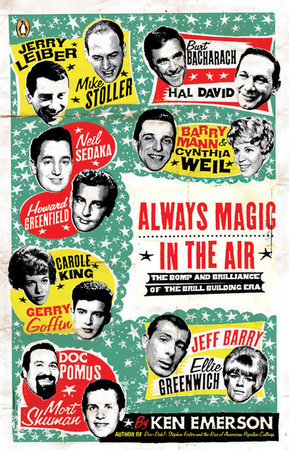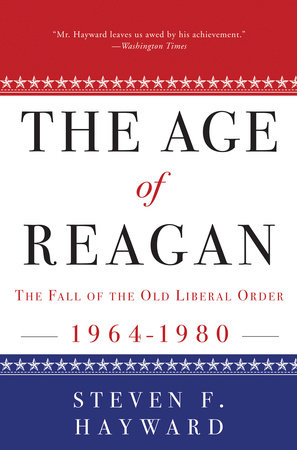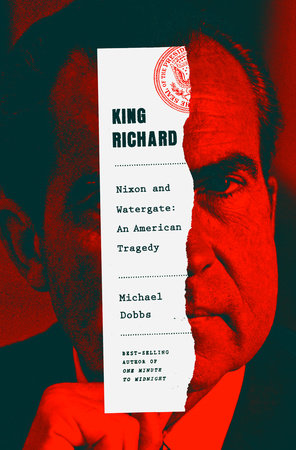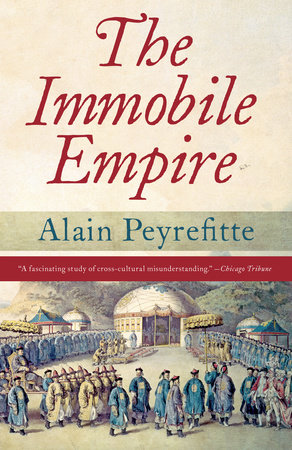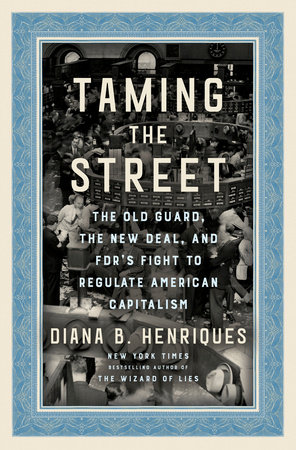In Conversation with
Yaroslav Trofimov
Author of
THE SIEGE OF MECCA
The Forgotten Uprising In Islam’s Holiest Shrine
And The Birth Of Al Qaeda
Q: If November 20, 1979 had never happened, do you think there would have been a September 11, 2001?
The uprising in Mecca was the first operation of global Jihad, and the way the Saudi regime repressed it made a lasting impact on the young Osama Bin Laden. It was one of the factors that caused him to see the House of Saud as apostates and enemies of Islam. On the other hand, the Saudi government reacted to that uprising by trying to buy off the radical clerics, and by financing their campaign to spread ultra-orthodox Islam around the world–a proselytizing effort that produced many of Al Qaeda recruits in subsequent decades.
The Mecca upheaval was the beginning of a process that led to the tragedy of September 11, and a turning point in the history of radical Islam.
Q: Why has this story never been fully told?
At the time, Saudi Arabia imposed a near-total news blackout on the Mecca events. No independent observers were allowed in the city during the siege, and even visiting Jeddah or Riyadh was nearly impossible for foreign reporters. And, obviously, no one could tell the story of what happened among the insurgents because every suspected gunman found in the mosque was arrested. Most were promptly beheaded, and only a few have survived long prison sentences to tell their stories.
In following years, the uprising in Mecca became a taboo subject in Saudi Arabia. Even a book of official statements on the issue, published shortly after the siege, was outlawed and withdrawn from libraries.
It is only now that people in Saudi Arabia are somewhat less terrified of speaking about the crisis–a change that allowed me to interview former terrorists and military officials involved in the siege. Also, the passage of time made it easier to get the U.S. government to declassify its documents about the crisis.
Q: What was the US’s role in the Siege of Mecca?
There were American citizens on both sides of the barricades. The gunmen occupying the Mosque included a number of African-American converts to Islam. Retired American military personnel were employed flying Saudi helicopters above the Mosque in support of the mission in Mecca. And the CIA provided tear gas and advice on the ground. At the end, however, it was the role of the French commandos that proved decisive in the final assault on the shrine.
Q: What does it teach us about our current conflict with Al Qaeda?
The gunmen in Mecca were deeply convinced that they are following God’s orders, and were extremely brave and dedicated during the battle. In part because of this zeal, they managed to stave off the entire Saudi military for two weeks. This zeal also managed to unite people of disparate nationalities. The lesson for today is that radical Islamic ideology is and extremely powerful motivator and that one shouldn’t underestimate our enemies.
Q: How hard was it for you to get into Saudi Arabia to research this book, and how difficult was it to report within Saudi Arabia?
I received my first visa for researching this book by sheer coincidence–somehow I was invited to attend an economic conference in Jeddah. The visa was valid for seven days, and I managed to skip my minders on the first day, and spent all this time reporting to gain an extra day, I chose a flight that arrived shortly after midnight on the first day, and left on a flight just before midnight on the seventh.
Later in the year, I returned to Saudi Arabia for a follow-up on the invitation of a research think tank–without the knowledge of information ministry minders who deal with visiting journalists. It took almost six months to receive the second visa. I doubt I will be allowed back anytime soon.
A great many people were too scared to talk to me inside the Kingdom, but, thanks to contacts developed while covering Saudi Arabia for the Wall Street Journal, I managed to locate some who were willing to be interviewed. One former gunman who would only agree to be interviewed in my hotel room–he was too afraid of being seen with me in the lobby. He spent the entire night recounting the ordeal, and emptied my minibar of all soft drinks by dawn.
